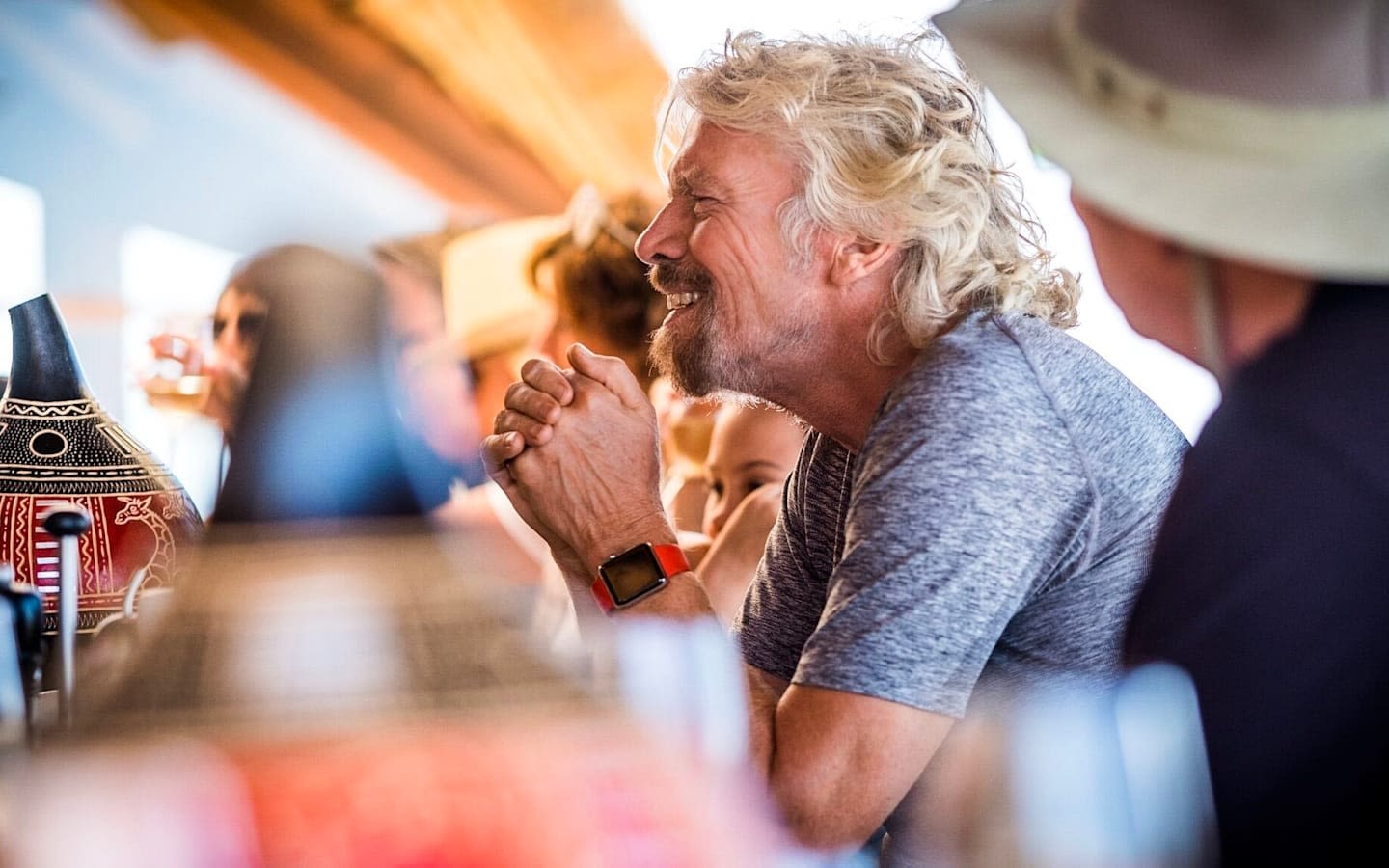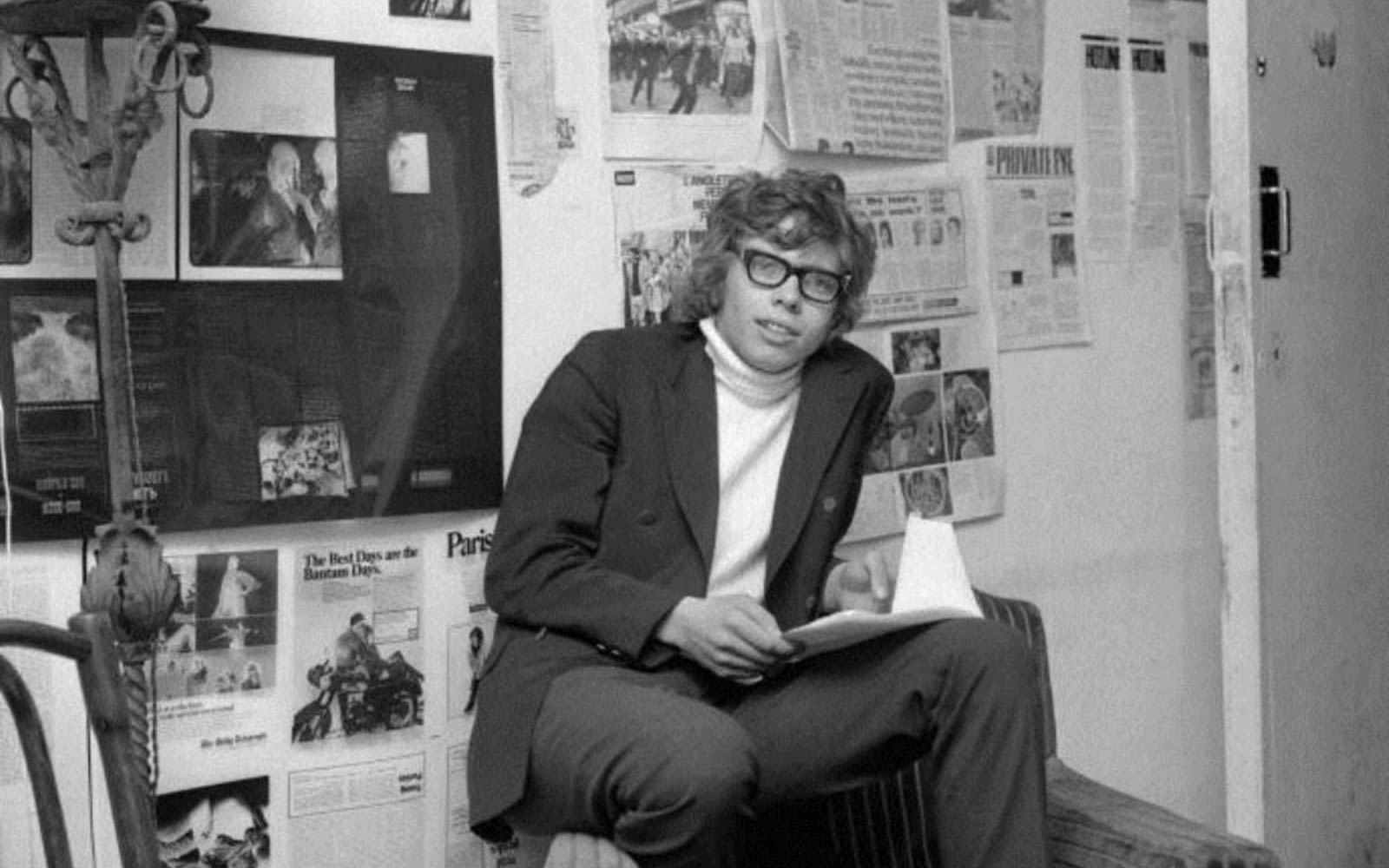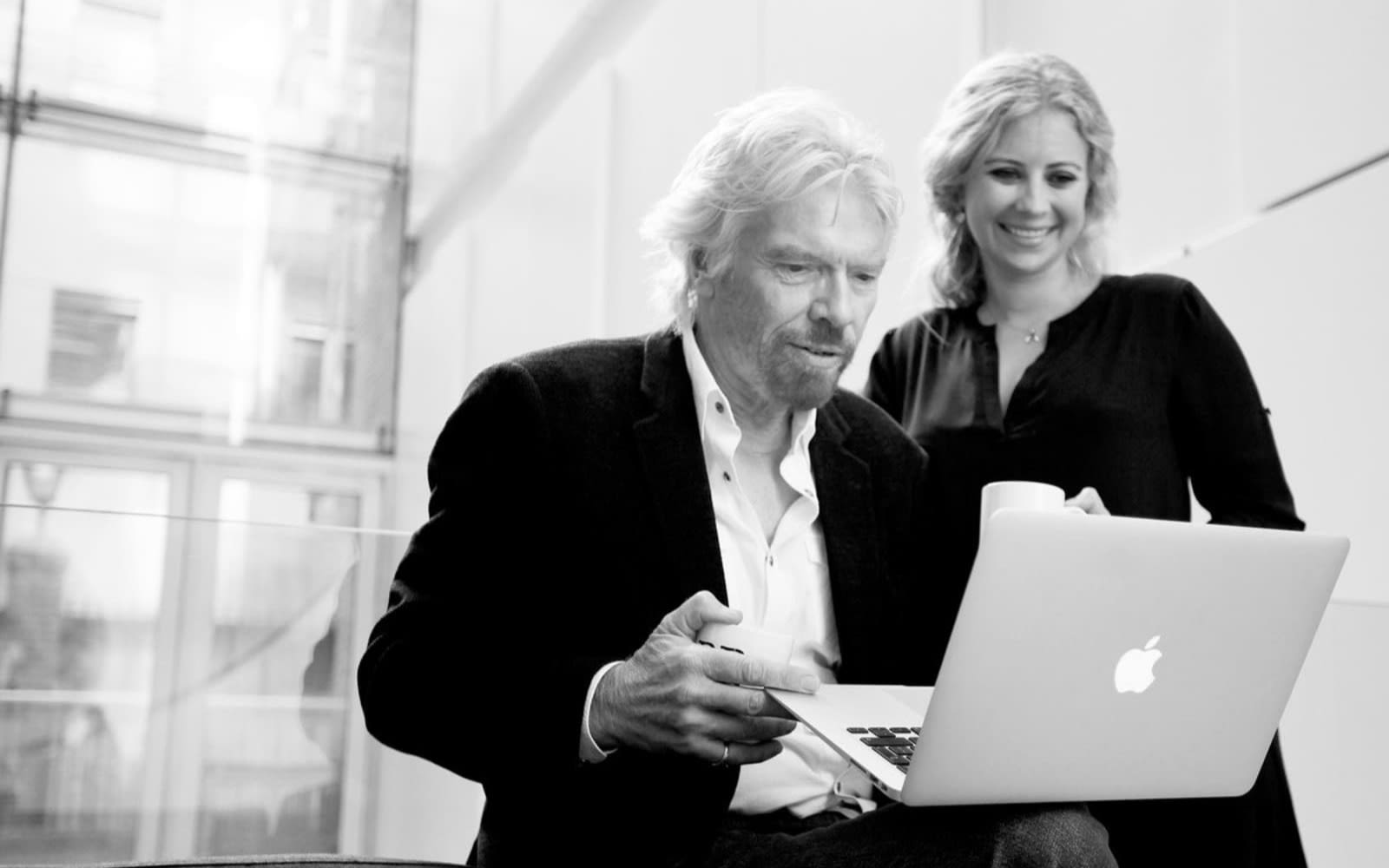Nobody’s perfect
We all want to strive for perfection, and doing the best we possibly can is admirable. But being aware of one’s own limitations can sometimes be liberating. Rather than spend all your time fretting about making everything 100 per cent perfect, you can get on and do things.
The art of delegation has its roots in accepting perfect isn’t always possible. Nobody is perfect, and that certainly includes yours truly. I know I need help in all sorts of areas, and early on in my career saw clearly where others could be more effective than myself. A perfectionist would stubbornly try to do everything themselves, when the sensible thing is to ask for help.
For instance, I’m dyslexic and didn’t have a great head for numbers, so knew I needed somebody better than me to help with our accounting. By delegating I was able to free myself up to think about the bigger picture. This is how the whole Virgin Group has evolved from a magazine to a global brand.
I hope that, in turn, those I delegate to are not held back by waiting for perfection. With this spirit, we can work quickly and smartly. It’s how we launched Virgin Atlantic in a matter of months, when people expected it would take years to start an airline.
But perfectionism in the workplace is rising. Virgin Pulse shared recently how this can sometimes hold individuals and businesses back. Younger generations are showing higher tendencies of perfectionism than previous generations, which is putting huge pressure on people, increasing stress and anxiety.
Virgin Pulse advises employers to spend time understanding the negative effects of perfectionism in order to develop tools to help their teams. From workplace wellbeing programs to mental health coaching, there are all sorts of ways to help people struggling with trying too hard to reach an impossible perfection.
One particularly useful tactic is mentorship. Working with a mentor will expose people to others who have experience with failing to meet perfection, and how to work through it. I’ve learned so much from the mentors in my life, from my mum to Sir Freddie Laker, and understood from them that making mistakes is not only ok, it’s inevitable – and it’s useful learning experience.
“Have no fear of perfection – you’ll never reach it.” So said the artist Salvador Dali, who was able to create surrealist masterpieces while not worrying too much about whether were just right. If he’d waited for perfection, he wouldn’t have ever picked up a paintbrush.




